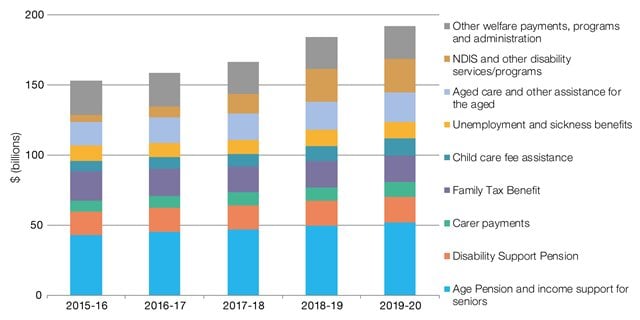
On Wednesday night, after a lengthy session in the Senate, the government opted to extend their trial cashless welfare card scheme for another two years.
The controversial program appeared on track to be scrapped when independent Senator Rex Patrick signalled he would vote against it. But Centre Alliance Senator Stirling Griff helped pave the way for an amended version to pass 34-33 in the upper house, by dodging the vote.
The new-look bill will head to the lower house for the final tick of approval.
Labor and Greens senators spent the Senate session labelling the program racist in a series of scathing speeches, with Senator Jacqui Lambie speaking through tears as she reflected on living in poverty on welfare.
Critics of the cashless debit card have condemned the decision to temporarily extend the scheme as a backward step for Indigenous Australians and welfare recipients. https://t.co/hLw1HIMakc
— SBS News (@SBSNews) December 10, 2020
Among the most vocal supporters of the scheme was One Nation's Pauline Hanson who made a series of inaccurate, offensive and racist comments in her speech on the topic.
Firstly, a quick refresher on the card itself.
The cashless debit card (also known as the ‘cashless welfare card’) forces income support recipients to have 80 per cent of their payments quarantined to a debit card that cannot be used for gambling or to purchase alcohol, or to withdraw cash. The remaining 20 per cent of a person’s payment is placed into their normal bank account.
Currently, there are trials going on in communities in SA, WA and QLD, and eligibility varies by trial site. For example in Bundaberg and Hervey Bay, the card only applies to people aged 35 years and under who receive JobSeeker and parenting payments.
In other sites, all working age recipients getting income support are forced to use the card.
There were a lot of questionable things said in the Senate yesterday as the card was debated, but it's Hanson brash approach that's making headlines in the aftermath.


Top Comments